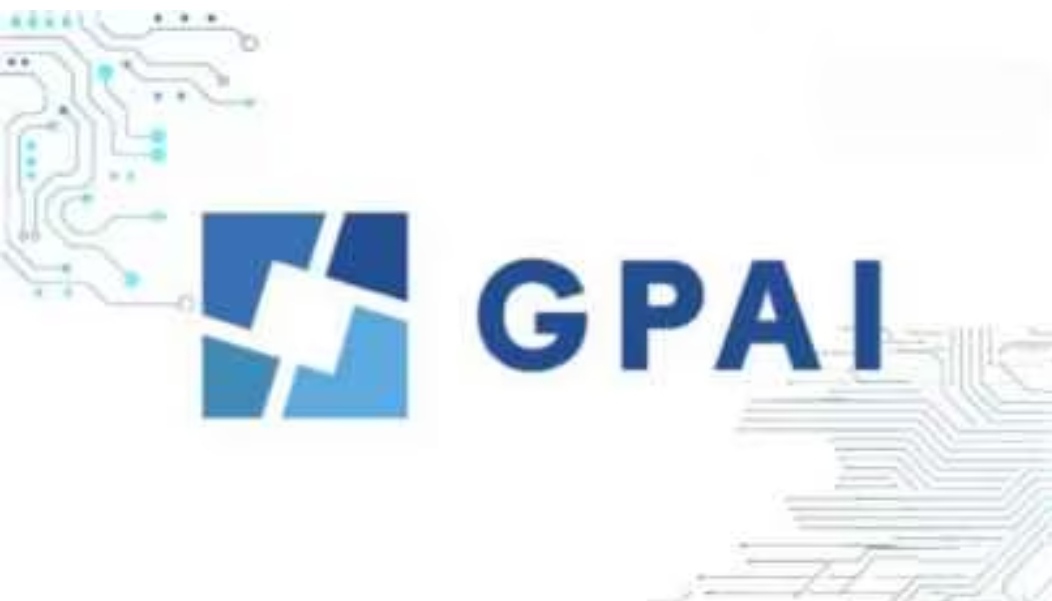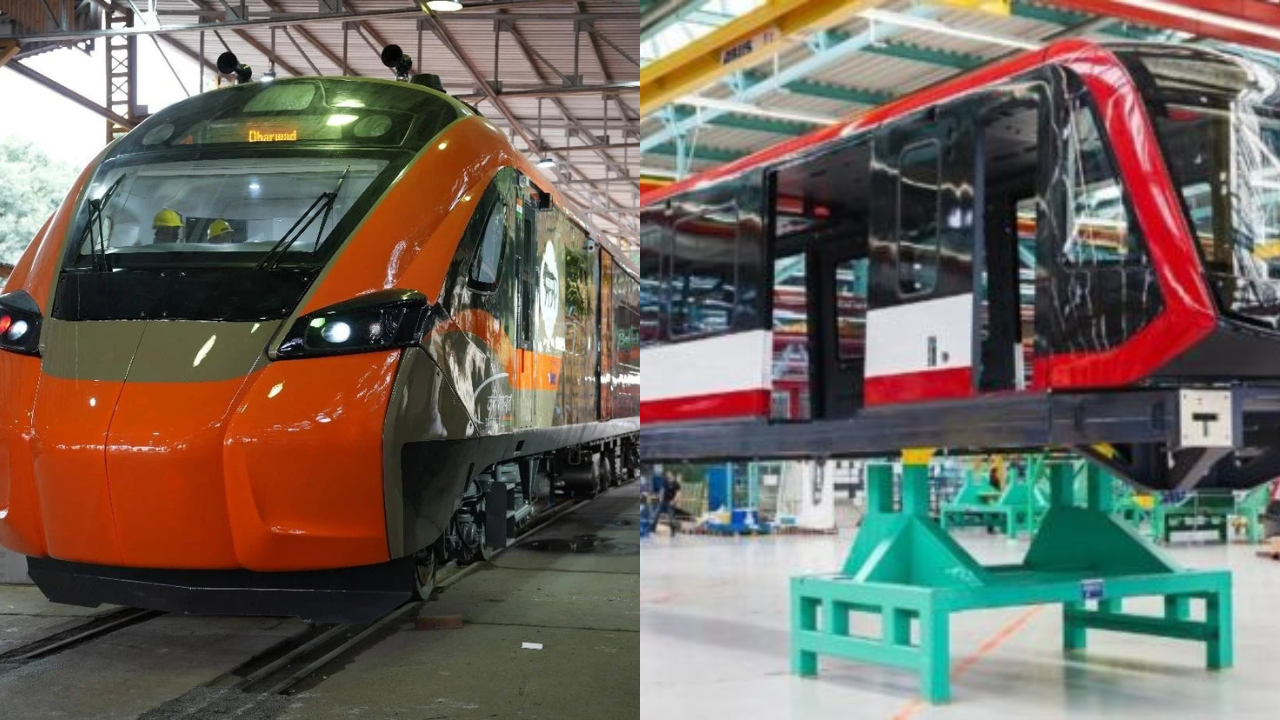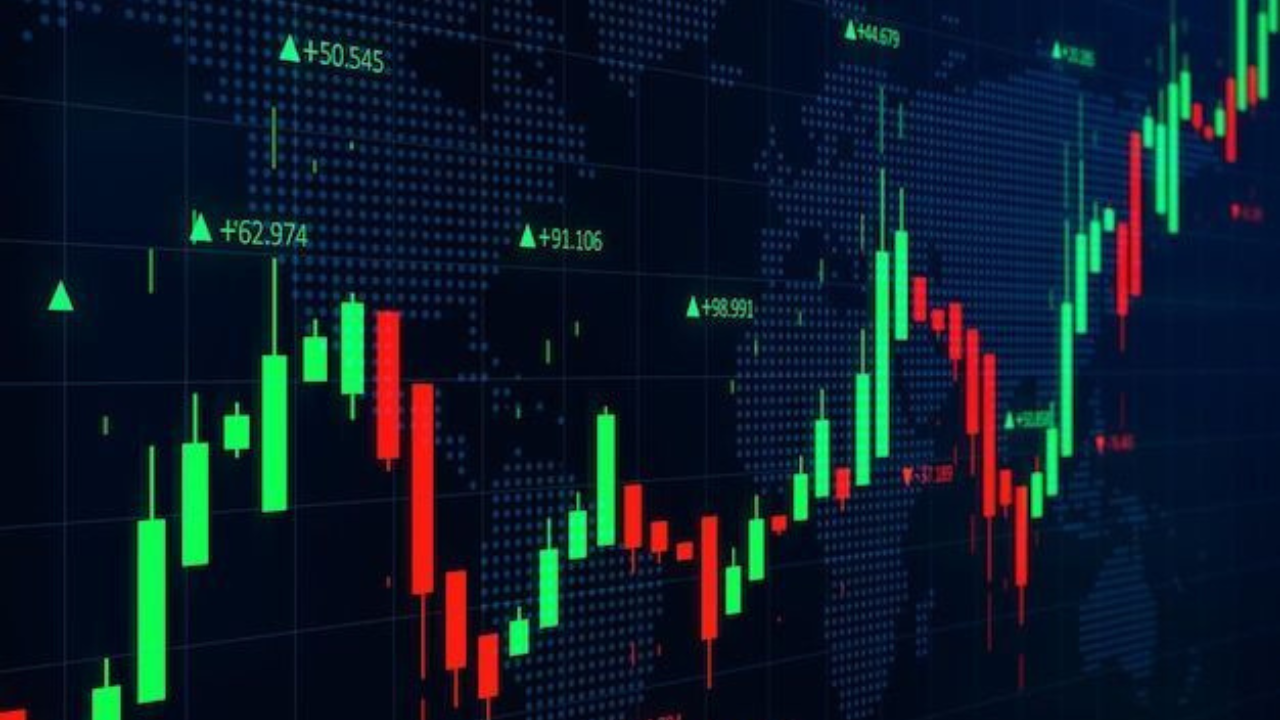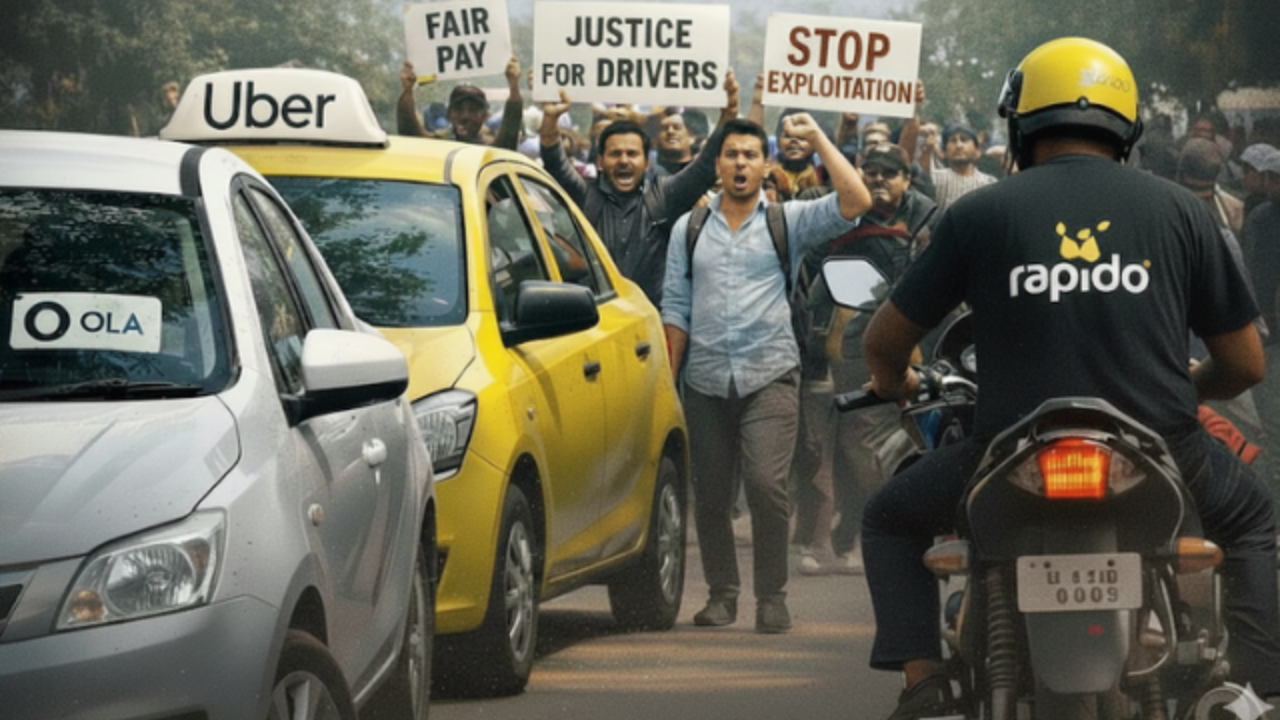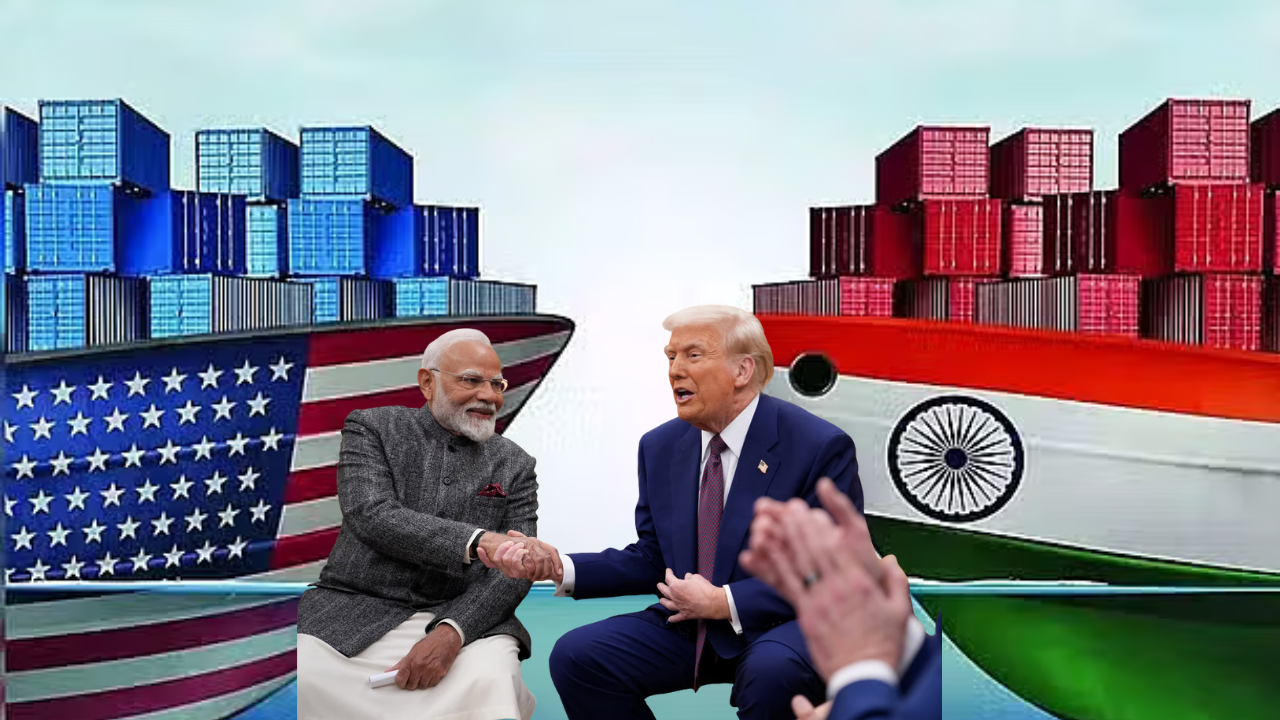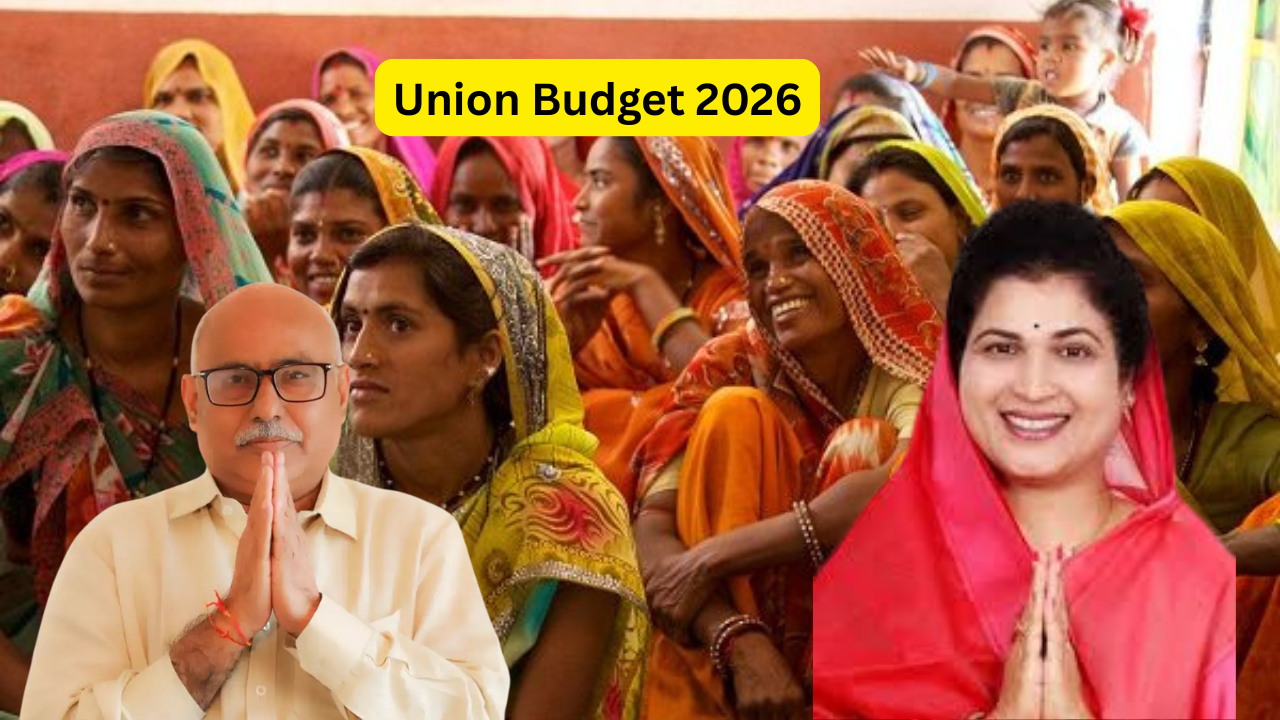While acknowledging the rapid pace of improvement in advanced AI systems and their potential to generate economic growth, the declaration flagged concerns emanating from such systems including misinformation, unemployment, lack of transparency and fairness, protection of intellectual property and personal data, and threats to human rights and democratic values.
The Global Partnership on Artificial Intelligence (GPAI), an alliance of 29 member countries, has unanimously adopted the New Delhi declaration underscoring the need to mitigate risks arising from the development and deployment of AI systems, and promoting equitable access to critical resources for AI innovation including computing and high quality diverse datasets.
While acknowledging the rapid pace of improvement in advanced AI systems and their potential to generate economic growth, the declaration flagged concerns emanating from such systems including misinformation, unemployment, lack of transparency and fairness, protection of intellectual property and personal data, and threats to human rights and democratic values.
“We support the intention of India, as Lead Chair for 2024, in its endeavour to promote collaborative AI for global partnership among GPAI members by supporting projects aimed at promoting equitable access to critical resources for AI research and innovation, such as AI computing, high quality diverse datasets, algorithms, software, testbeds, and other AI-relevant resources in compliance with applicable intellectual property protections and data protection legislations,” the declaration said.
This is a significant win for India, which has batted for a collaborative approach towards building AI systems as it looks to push its model of digital public infrastructure (DPI) across the world. Additionally, access to member states’ IT capabilities will also boost New Delhi’s plan to build a sovereign AI system, which it says is crucial to countering Chinese domination. several foreign companies in this field.
Addressing a press conference, Minister for Electronics and IT Rajeev Chandrasekhar said the declaration aims to ensure that AI and its benefits are inclusive and accessible to all countries around the world, including southern countries. The declaration was adopted after a five-hour ministerial discussion.
The statement also said the global framework on AI must be anchored in democratic values and human rights, protect dignity and well-being, ensure personal data protection, protect intellectual property rights, and protect human rights. private and secure, foster innovation, and promote the trustworthy, responsible, sustainable, and human-centered use of AI.
GPAI is an effort, largely led by the democratic world, to take a comprehensive risk-based approach to AI. It includes countries such as India, United States, United Kingdom, France, Japan and Canada, among others. China, a major technological superpower, is not part of the multilateral grouping.
This was also the first time team members met together after the emergence of general AI platforms like ChatGPT and Google Bard, pushing conversations around AI into the mainstream. To achieve this goal, the statement notes that GPAI members will play a “central” role in solving contemporary AI problems, including generative AI, “through applied AI projects.” applied to address social and global challenges, maximizing benefits and minimizing associated risks. .
GPAI members also agreed to support AI innovation in agriculture as a new “thematic priority.” IT Minister Ashwini Vaishnaw said earlier that India is promoting agriculture as a priority sector in AI innovation.
“We recognize the importance of promoting the development and access of reliable, risk-balanced AI applications to ensure sustainable food production systems and implement resilient agricultural practices helps increase productivity and output, helps regenerate ecosystems, and enhances climate mitigation and adaptation capacity. changes, extreme weather conditions, droughts, floods and other disasters, gradually improving land quality, while promoting participation and empowerment of workers in agricultural supply chains ”, the statement said.
The statement also said GPAI will seek a diverse membership, with a particular focus on low- and middle-income countries to ensure a broad range of national and regional expertise, perspectives and experiences based on our common values. Senegal, a current member of the group, has been appointed to the GPAI steering committee.
For more information, visit at https://happenrecently.com/zepto/?amp=1



